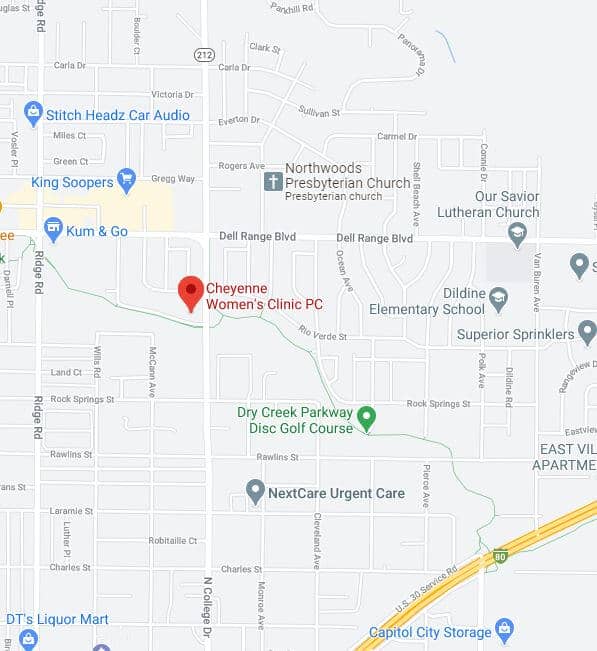How Can Untreated Depression Affect My Pregnancy?
Women who have severe depression during pregnancy may have trouble taking care of themselves. They may not eat healthfully, attend prenatal care checkups, or get enough rest.
If you took antidepressants before pregnancy, you may become depressed again if you stop taking them. Having untreated depression during pregnancy also raises your risk of postpartum depression.
Depression during pregnancy has been linked to several problems, including the fetus not growing well in the uterus, going into labor too early, the baby being too small at birth, and health complications for the baby after birth.
Also, when depression isn’t treated during pregnancy, it can increase the risk of problems for your child. Your newborn may cry more and be harder to comfort and older children may have more emotional and behavioral problems than other children.
How Can I Get Help for Depression During Pregnancy?
Talk with your ob-gyn as soon as possible. Tell them if you had depression in the past, if you take medication for depression, or if you are feeling depressed now.
Your ob-gyn may ask questions about your mood during prenatal care or postpartum visits. Or they may ask you to write down answers to a survey that screens for mental health conditions. Your answers will help your ob-gyn understand what kind of help you need.
Treatment of depression may include psychotherapy (talk therapy), medication called antidepressants, or a combination of both. Support from your partner, family members, and friends also can be helpful. Your loved ones may be able to see if your depression is getting worse before you notice it yourself.
Many women also find that self-care (including sleep, healthful eating, and light exercise) and social support groups can be helpful in recovering from depression.
Can I Take or Continue Taking Antidepressants During Pregnancy?
Untreated depression can be harmful to you, your fetus, and your baby after birth. The risks of untreated depression need to be weighed against the risks of the medication.
Studies suggest that most selective serotonin reuptake inhibitors (SSRIs) do not increase the risk of birth defects. But researchers are still learning whether other antidepressants can cause certain birth defects. You and your ob-gyn can discuss which medication is best for you and your fetus.
Talk with your ob-gyn about how you are feeling. Together you can determine if your sadness is depression and discuss what kind of help you need.






